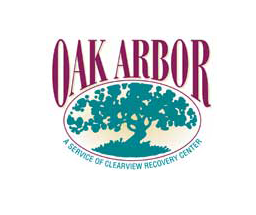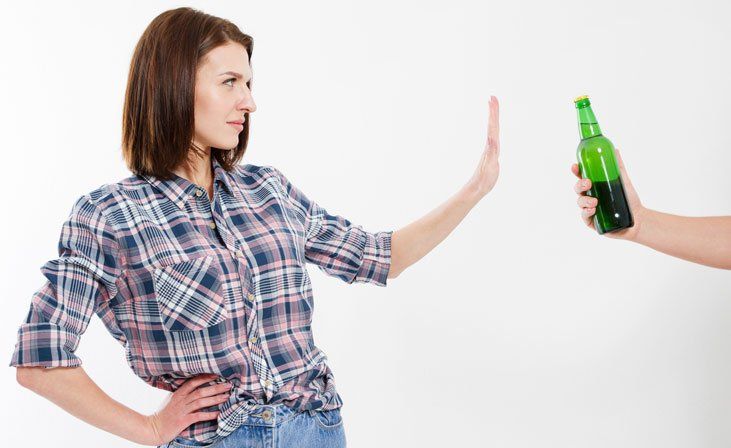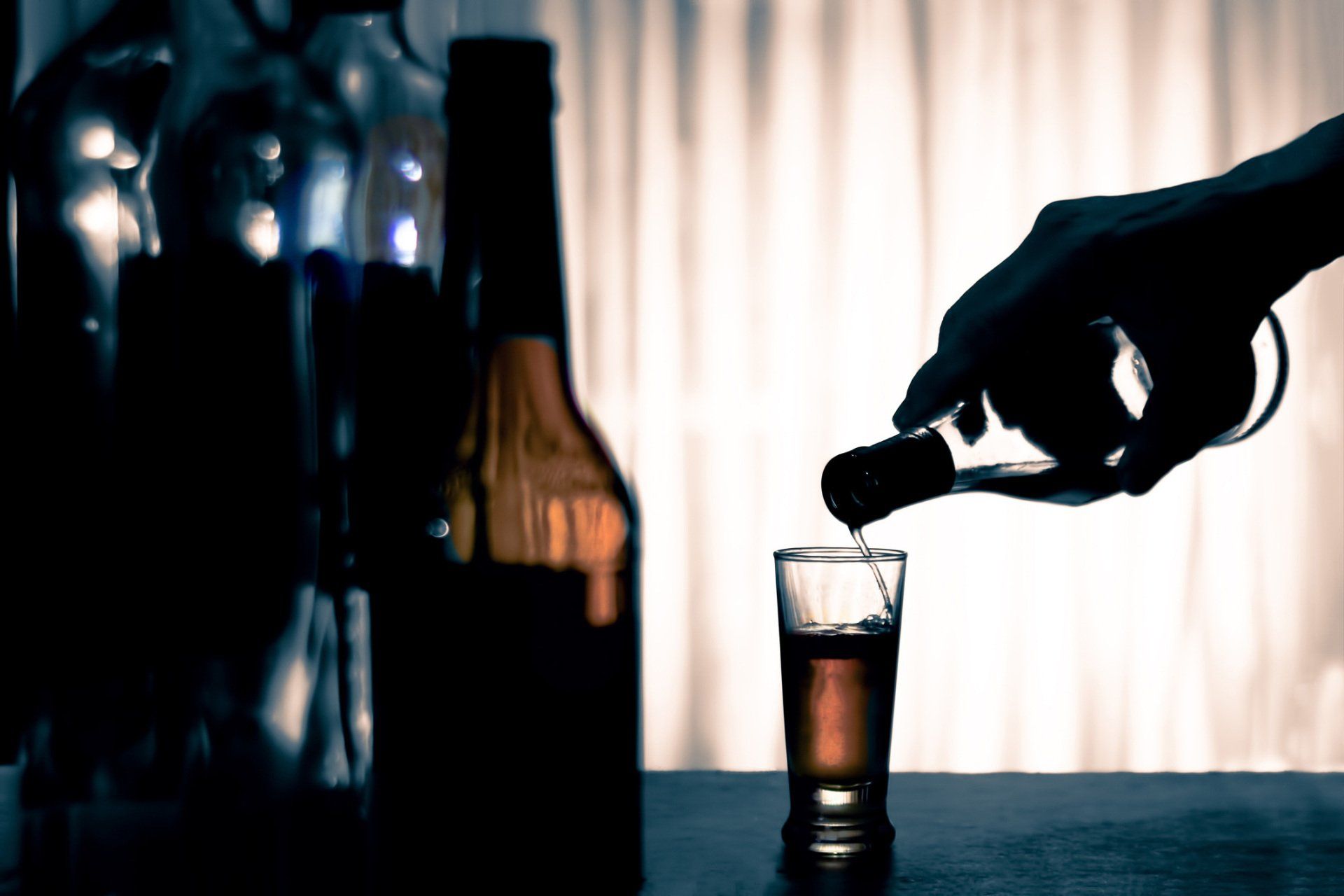Oak Arbor
4507 Highway 49 South
Hattiesburg, MS 39401
Phone: 601-545-2925
Toll Free: 888-291-0646
General Information: info@oak-arbor.com
Latangelia Howard,
Business Office Representative:
Referral Coordinator:
VA Grant Per Diem Coordinator:
Business Hours: 24/7
Does Your Loved One Need Help With a Drug Addiction?
- By Admin
- •
- 18 Jan, 2018
- •

One study suggests that one in every 10 people in America may be using illicit drugs. While addiction and abuse can be scary topics to deal with, understanding the symptoms and signs in a loved one can help you make a life-changing or life-saving decision. Substance abuse can influence a person's physical behavior and thoughts, and help is often necessary to combat it.
This guide will introduce you to some of the common signs and symptoms of drug abuse that may indicate somebody you care about needs professional help.
Sign #1: Lack of Responsibility or Desire to Fulfill Obligations
If you begin to see your loved one has no motivation to meet obligations or you see this person turning away from responsibilities in favor of drug use, they may need help. The same applies to social responsibilities or recreational activities. Withdrawing from favorite activities is a major sign of a drug problem.
Sign #2: Participating in Illegal Activities to Obtain Drugs
Many people resort to activities they would not otherwise do if they were not addicted to substances. Stealing is a common activity that may indicate that a loved one is struggling with addiction. Other times, those abusing drugs will subject their loved ones to physical or emotional abuse, often in an attempt to continue using.
Sign #3: Experiencing Withdrawal Symptoms
When somebody is unable to take a drug as often as they usually do, they may start to experience new symptoms. These are called withdrawal symptoms, and they indicate that the body has built up a physical need for the drug.
Withdrawal symptoms depend on the type of drug, but they might include sweating, anxiety, jittering, nausea, and trembling. In severe cases, people may go into seizures and even die.
Sign #4: Having Problems at Work or School
Do you notice your child's grades slipping? Is your husband suddenly performing poorly at work? A sudden change in performance for the worse could be an indication of drug abuse. Problems could be linked to quality of work, attendance, or even behavioral concerns.
Sign #5: Demonstrating Physical Symptoms of Drug Use
Many drugs have their own physical symptoms. While some may overlap, the symptoms you see may be unique to one or two types of drugs. Consider which symptoms you notice in those around you, as they may be indicative of a deep problem.
For instance, marijuana use comes with effects like increased blood pressure, red eyes, and slower reaction times. Some people experience exaggerated food cravings or paranoid thoughts.
Different types of prescription drugs also come with their own signs. For instance, barbiturates may cause drowsiness, issues with memory, and poor physical coordination.
Stimulants, which include methamphetamine and cocaine, induce dilated pupils and may cause somebody to speak rapidly and incoherently. Physical symptoms also include hallucinations, anxiety, irritability, and changes in heart rate.
Opioids, like heroin and other opioids, reduce pain but also induce slurred speech. They can cause issues with memory and attention span while also causing coordination issues. Somebody who injects heroin, for instance, may also have needle marks.
Sign #6: Experiencing Money Issues
Financial issues are not uncommon for those who use drugs, especially when addiction creates a tolerance and withdrawal symptoms. You might notice that your family member or friend is asking for money or not paying for their share of bills.
Oak Arbor is a licensed and insured facility that places emphasis on the individual's needs. We offer compassionate and experienced staff members who understand the consequences drug addiction can have on families. Get in touch with our facility today to learn more about managing addiction for your loved one.
You might not know whether a loved one struggles with addiction unless you recognize the symptoms of such a problem. Take a look at four potential signs.
Do you struggle with addiction, or do you know someone who does? If so, read our blog to learn about four commonly asked questions about addiction.
Some individuals have a naturally high tolerance to particular drugs, while others develop tolerance over time. Learn more about this phenomenon.
If you can't sleep either without chemicals or because of them, learn about the relationship between substance abuse and sleep problems.
Does your substance abuse comes from personality or inherited proclivity? See three key points that can help you understand the genetic side of addiction.





